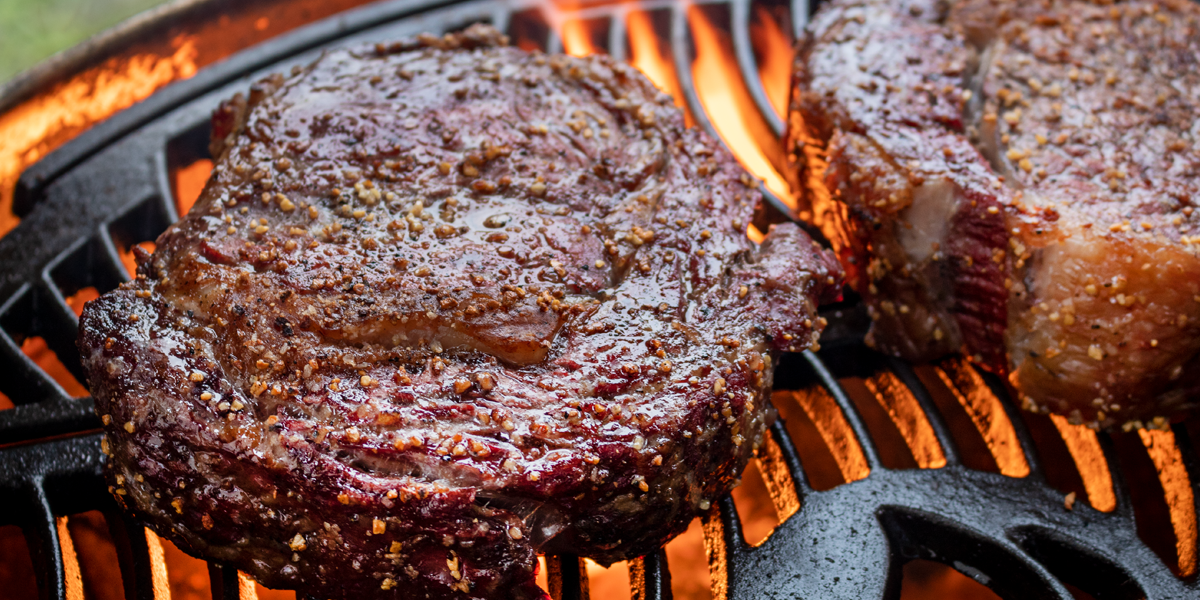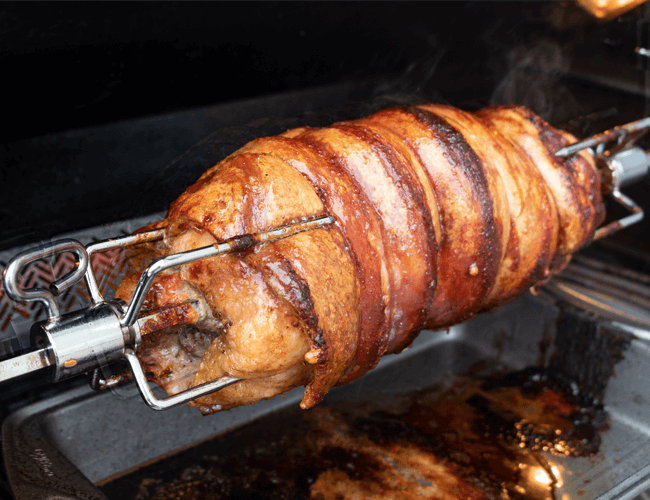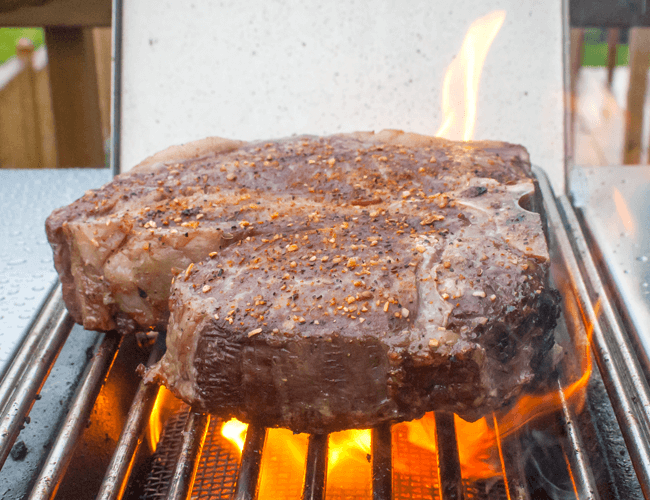
The Science of BBQ - The Maillard Reaction
Many people just slap their food onto a hot grill and go to town. They end up with amazing food nonetheless, but there is something happening here. The Science Of Barbecue is a real thing. It involves many different chemical events like The Maillard Reaction, pronounced May-Ard.
The Basics:
Let’s start with the basics. Toast, roasted coffee beans, your steak, and even those delicious dumplings from that Asian restaurant down the street, all have something in common. You know the brown parts, the flavorful, exterior that’s crunchy? That is what gives food its flavor when cooked using a high-temperature process, like grilling.
How It Works:
This is a chemical reaction called the Maillard Reaction, where the heat from your grill, or the frying pan, and even the toaster, breaks down your food’s proteins into amino acids. These amino acids then react with the sugars present in the food and become this brown mass of tasty tasty goodness. Hence a delicious sear on your steak, or the amazing crust on the roast you just painstakingly grilled.
The Maillard Reaction starts when you cook at temperatures around 300 to 500°F, when the food will meet higher exterior temperatures, than what’s on the inside. This triggers the reaction on the outside surface of your food and creates the strong flavors you’re looking for. This is why braising and boiling things doesn’t produce the same result.
Be Careful With The Caramel:
There’s more than just the Maillard Reaction when it comes to the science of barbecuing. Another reaction that happens when cooking at high temperatures is caramelization. This is the browning of sugar molecules, which produces a nutty, and sweet flavor. However, you need to be careful when using sugar near heat like your grill because if it gets too hot, too fast, or for too long, instead of that hint of sweetness you were looking for, you get a charred mess that is bitter and gross. That’s why you finish foods with barbecue sauce, instead of slathering them in sauce before hitting the grill.
So the next time you’re enjoying the satisfaction of your perfectly grilled meal, sipping that gourmet cup of coffee, or enjoying your toasted bagel breakfast, remember that you have the Millard Reaction to thank for that dark and delicious flavor.

